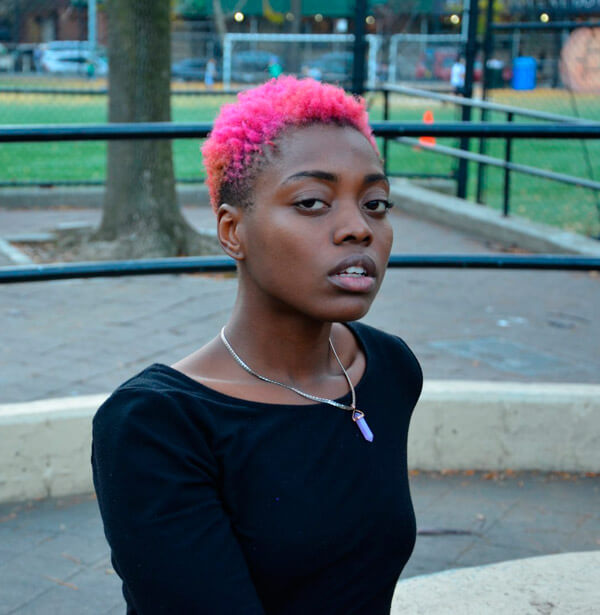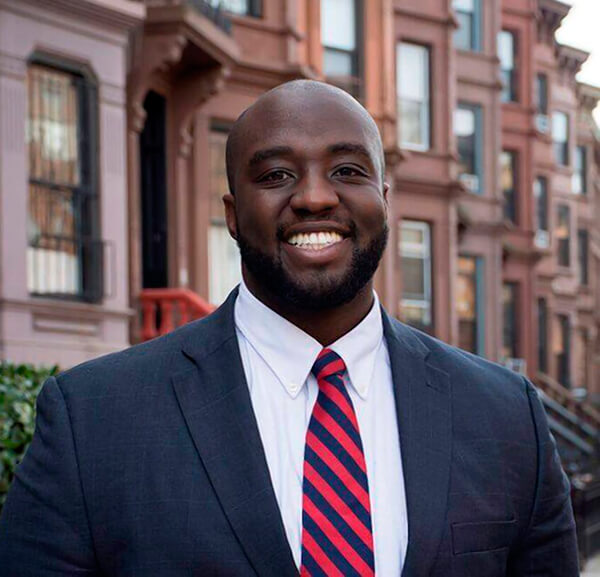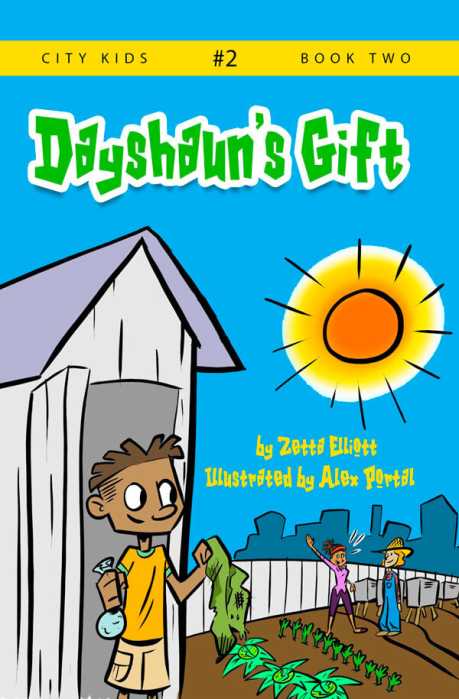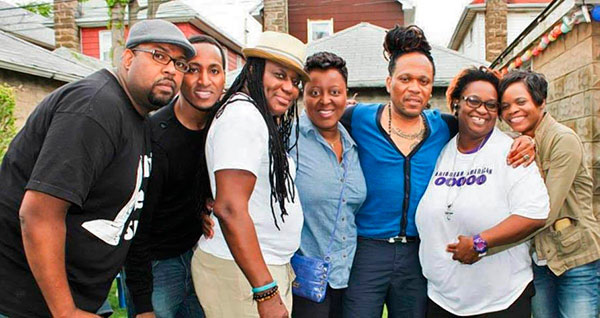Despite a new year emerging with a sense of a clean slate, there are many still feeling upset and unsettled following clashes between African Americans and police across the world.
Activism has taken many forms in 2015, many using the Internet as a resourceful tool to build community and ensure their messages are received beyond their neighborhoods.
For Ecuadorian poet and teaching artist, Monique Letamendi, her strategy is to capture audiences with her poignant lyrics — whether delivered as a song or in spoken word.
According to Letamendi, “I use my poetry for activism because not only do I have an unconventional way of performing my poetry but a lot of people sound the same and play with similar topics but I really want to use what I have to tell a story that everyone needs to hear.”
As a teaching artist for theater nonprofit viBe Theater Experience, Letamendi connects with girls — ranging in ages 13-18 — who attempt to make sense of the viral stories such as Sandra Bland and Tamir Rice.
As a 24-year-old, Letamendi guides the teens to utilize their poetry, songs, dance, and even plays as a method to help them understand the police brutality seen in their schools and neighborhoods.
“When I work with the girls it’s weird because I’m supposed to give off this professional image of someone who is put together but we are – no matter the age range — are experiencing and feeling the same things in response to these events,” she explained.
It is through the various writing exercises she leads with the girls birthed from their conversations that she feels a particular need to utilize her lyrics to invoke some sense of change or hope to her neighbors in her Bushwick neighborhood and beyond.
Often performing at open mics and other shows, Letamendi’s “Overseer” poem has particularly struck audiences for its delivery and detailed descriptions.
“Overseer, afraid of my talent n***a tongue,” Letamendi opens in the poem. “Don’t treat my arrest like a hunting game.”
Like most Americans, Letamendi is hopeful that 2016’s clean slate will come with more justice, less death, and peace to those living in the urban neighborhoods such as hers that see themselves in tragedies as in that of Trayvon Martin.
“I hope to achieve a better state of understanding when it comes to people of color. I want my work to be the mouthpiece for the people I see living in the projects like I do,” she said. “I just want their stories to be heard.”


























